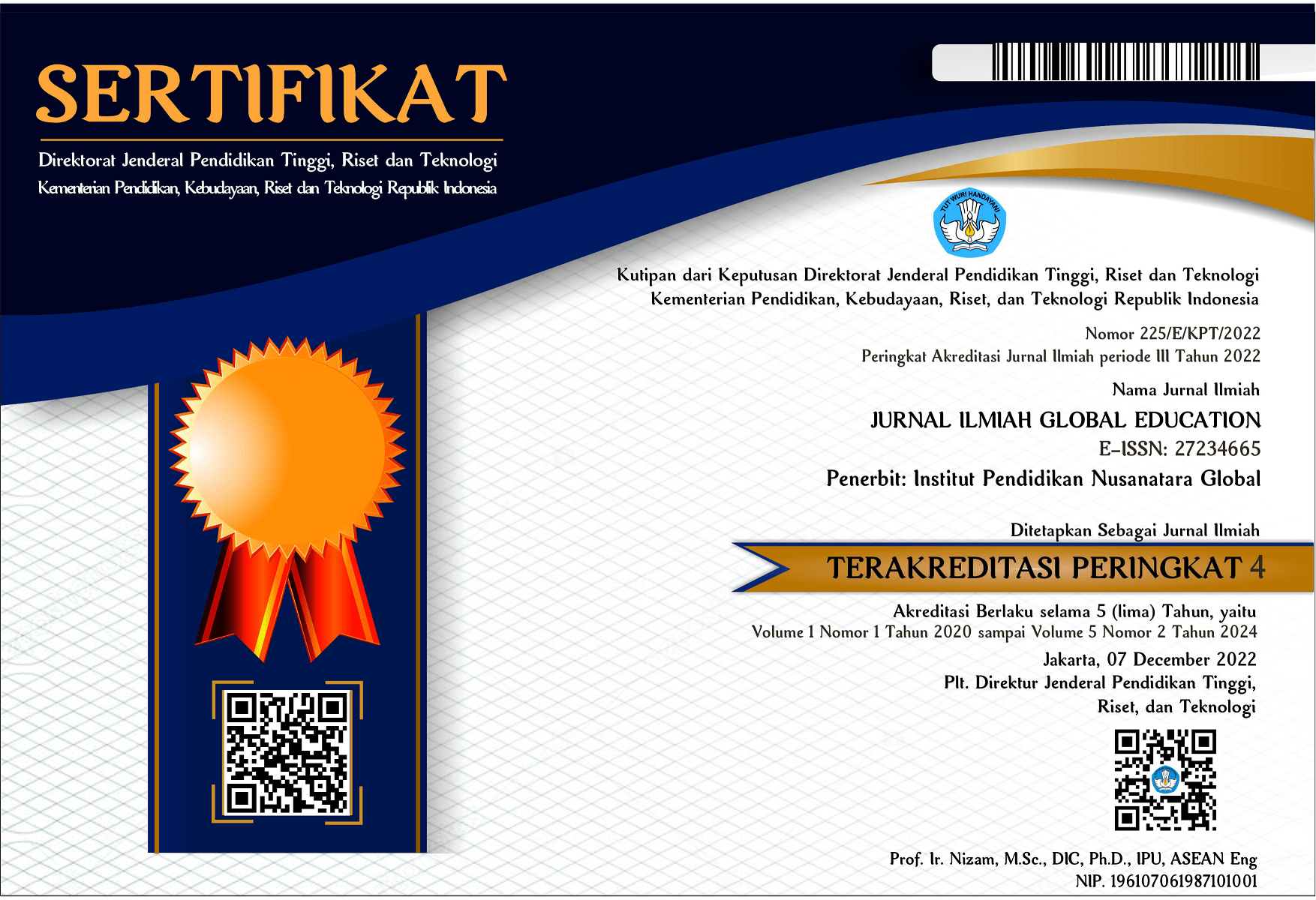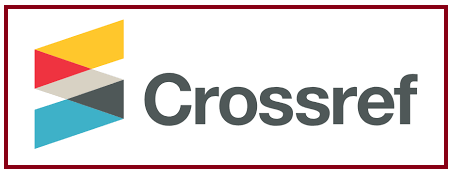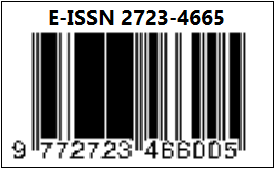Building Character Through Teaching Literature to Children who are in Trouble with the Law
DOI:
https://doi.org/10.55681/jige.v5i2.2850Keywords:
Character education, Literature teaching, Children who have problems with the lawAbstract
This research aims to build character through teaching literature to children who had problems with the law at the Special Children's Development Institute (LPKA) Maros, South Sulawesi. The research method used is descriptive qualitative with a field study approach with a deductive model in understanding the research problem. The data source in this research is the Head of the Child Convict Development Section of LPKA Maros and Andikpas (Correctional Students), totaling 45 men. The results of this research show that through teaching literature Andikpas' desires can be known. The most dominant desire while at LPKA is to gather with parents or family. From this literature teaching, it can be seen that Andikpas has the most impressive objects while at LPKA. These objects include a toothbrush (plate), bet ( beater used in table tennis), television, Al-Quran, books, guitar, and photos. These objects will be a reminder of the past to look to the future for Andikpas, to do better and even become creative individuals amidst advances in technology and information. Of the seven most impressive objects, Andikpas stated that the ompreng was the most dominant.
Downloads
References
Darmalaksana. 2020. Cara Menulis Proposal Penelitian. Bandung: Fakultas Ushuluddin UIN Sunan Gunung Djati.
Lewa, Inriati, dkk. 2023. Literature Literacy in Child Special Development Institutions (LPKA) Class II Maros, South Sulawesi. Jurnal Ilmiah Global Education, Volume 4 Nomor 3, 1261-1273. https://doi.org/10.55681/jige.v4i3.973
Lickona, Thomas. 1991. Educating for Character: How Our School can Teach Respect and Responsibility. New York, Toronto, London, Sydney, Aucland: Bantam Books.
----------------. 2012. Character Matters: Persoalan Karakter (Diterjemahkan oleh: Juma Wadu Wamaungu & Jean Antunes Rudolf Zien). Jakarta: Bumi Aksara.
May, Rollo. 2019. Manusia Mencari Dirinya (Diterjemahkan oleh: Afthonul Afif). Yogyakarta: Penerbit Basabasi.
Peraturan Menteri Hukum dan Hak Asasi Manusia Republik Indonesia
Nomor 18 Tahun 2015.
Pritchard, I. 1988. ”Character education: Research Prospect and Problem” American
Journal of Education. 96 (4) 1988.
Suyanto. 2009. Urgensi Pendidikan Karakter. http:// www. mandikdasmen. depdiknas.
go.id /web/pages/urgensi.html.
Tjaya, Thomas Hidya. 2018. Kierkegaard dan Pergulatan Menjadi Diri Sendiri. Jakarta: Kepustakaan Populer Gramedia.
Undang-Undang Republik Indonesia Nomor 11 Tahun 2012 tentang Sistem Peradilan Pidana Anak.
Undang-undang Nomor 23 Tahun 2002 Tentang Perlindungan Anak
Undang-undang Nomor 12 Tahun 1995 Tentang Pemasyarakatan
Undang-undang Nomor 3 Tahun 1997 Tentang Pengadilan Anak
Wellek, Rene and Austin Warren. 1968. Theory of Literature. Harmondsworth, Middlesex: Penguin Books.
Wilcox, Lynn. 2018. Psikologi Kepribadian (Diterjemahkan oleh: Kumalahadi). Yogyakarta: Penerbit IRCiSoD.
Zuchdi, Darmiyati. 2008. Humanisasi Pendidikan, Menemukan Kembali Pendidikan yang Manusiawi. Jakarta: Bumi Aksara.
------------------------. 2011. Pendidikan Karakter dalam Perspektif Teori dan Praktik.
Yogyakarta: UNY Press.
Zuhlan, Najib. 2011. Pendidikan Berbasis Karakter. Surabaya: JePe Press Media Utama.
http://www.infodiknas.com/peran-sastra-dalam-pembentukan-karakter-bangsa.html
Downloads
Published
How to Cite
Issue
Section
License
Copyright (c) 2024 Inriati Lewa, Syahwan Alfianto Amir, Erni Erawati, Nurhayati

This work is licensed under a Creative Commons Attribution-ShareAlike 4.0 International License.













